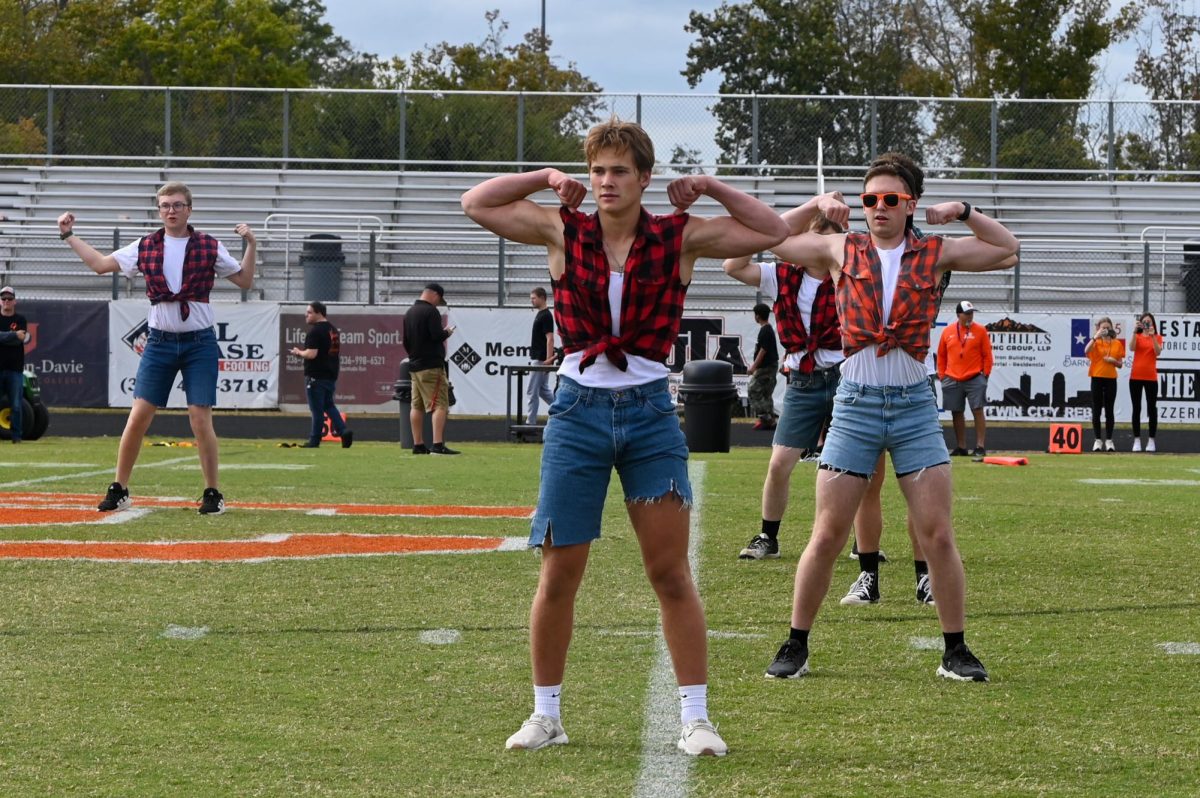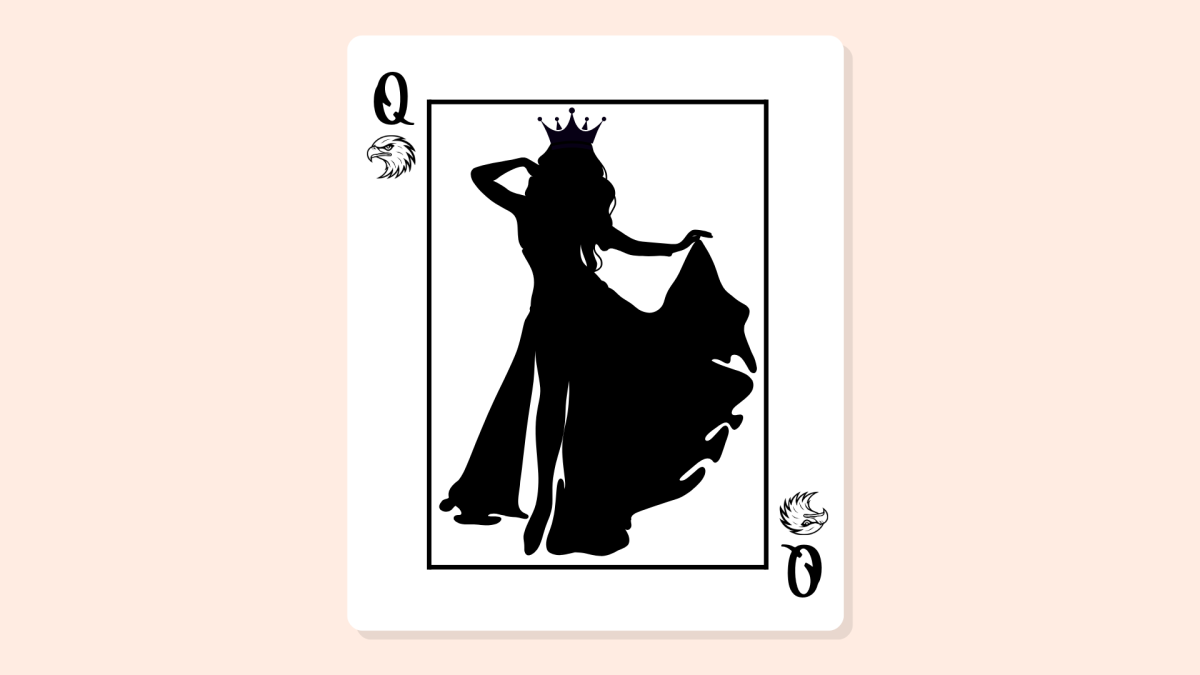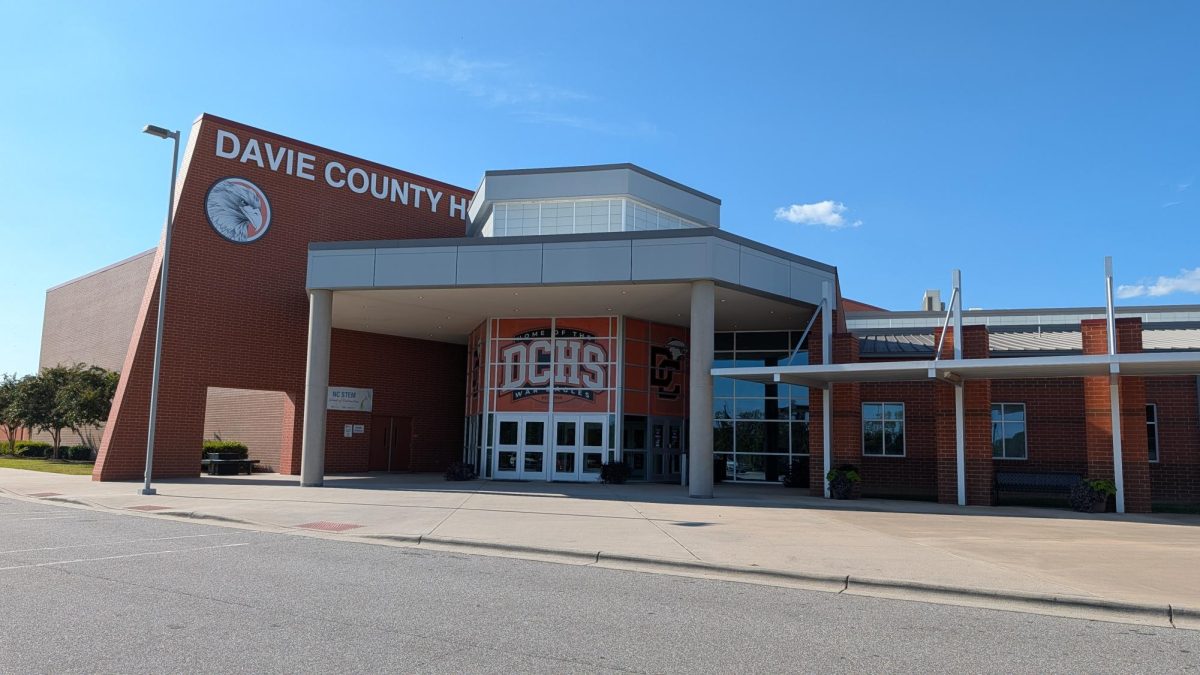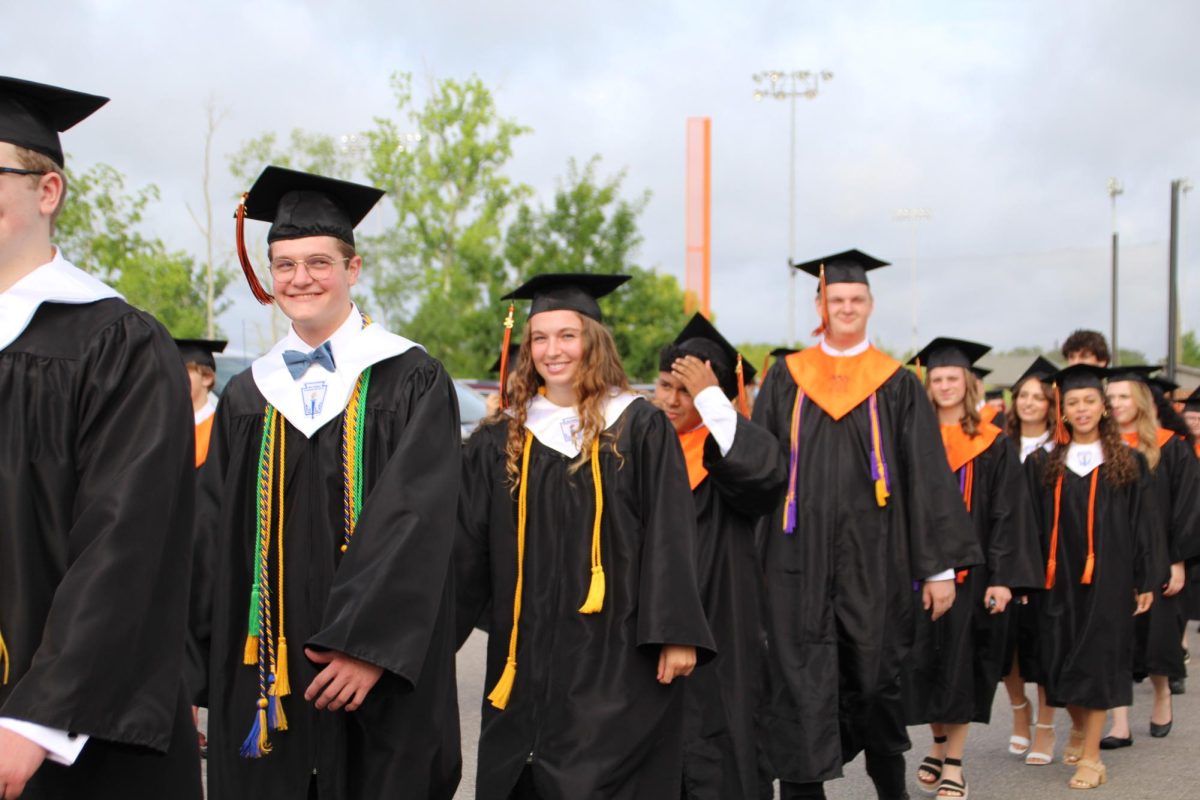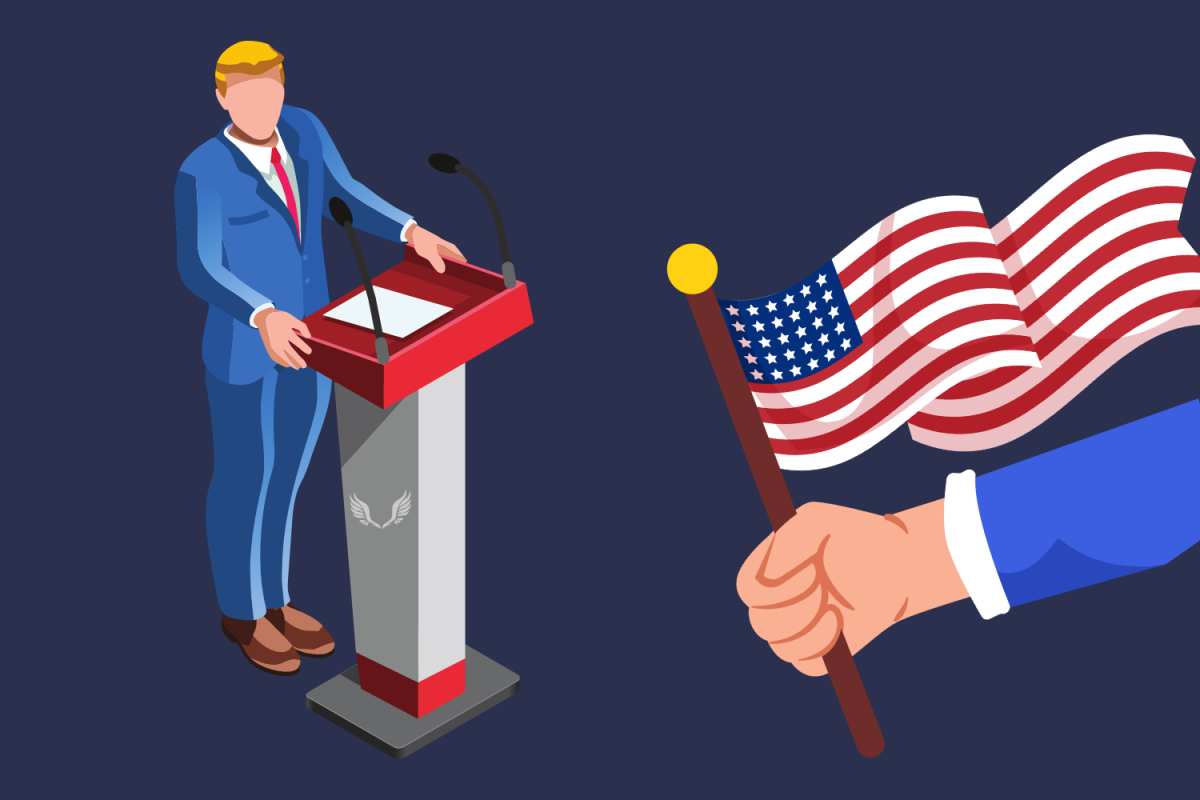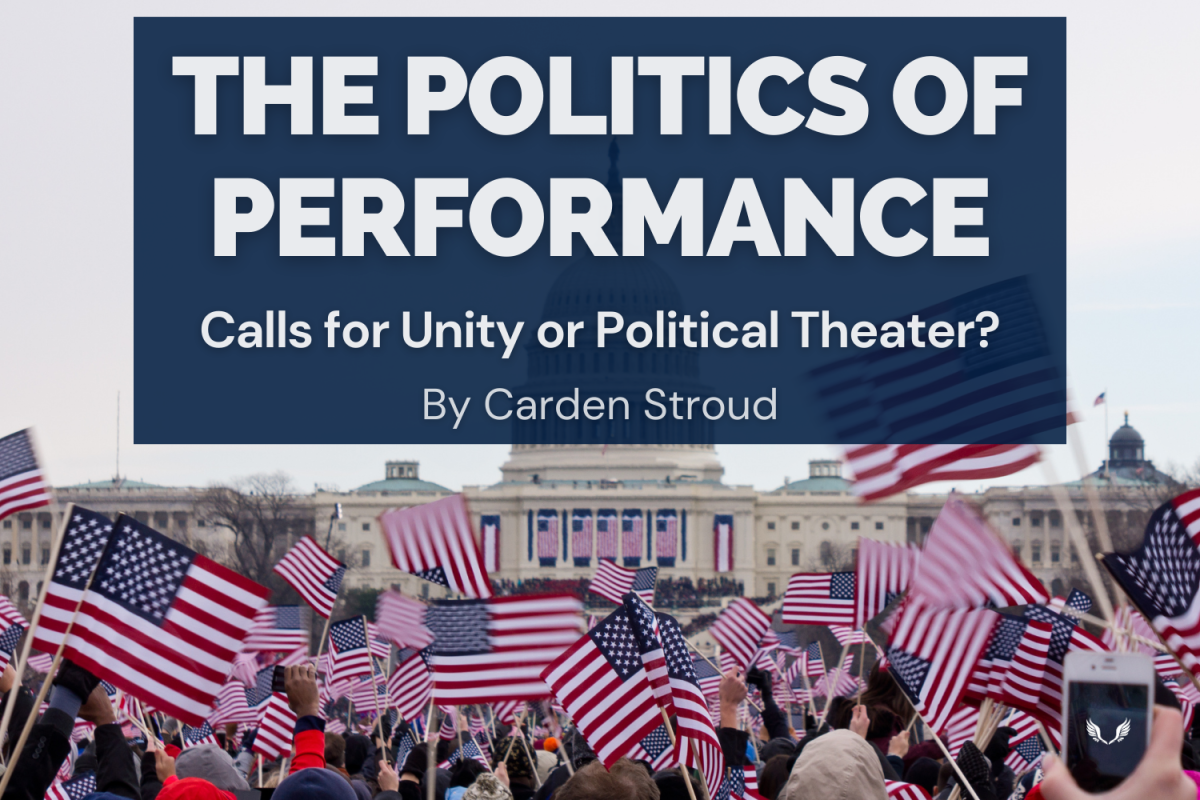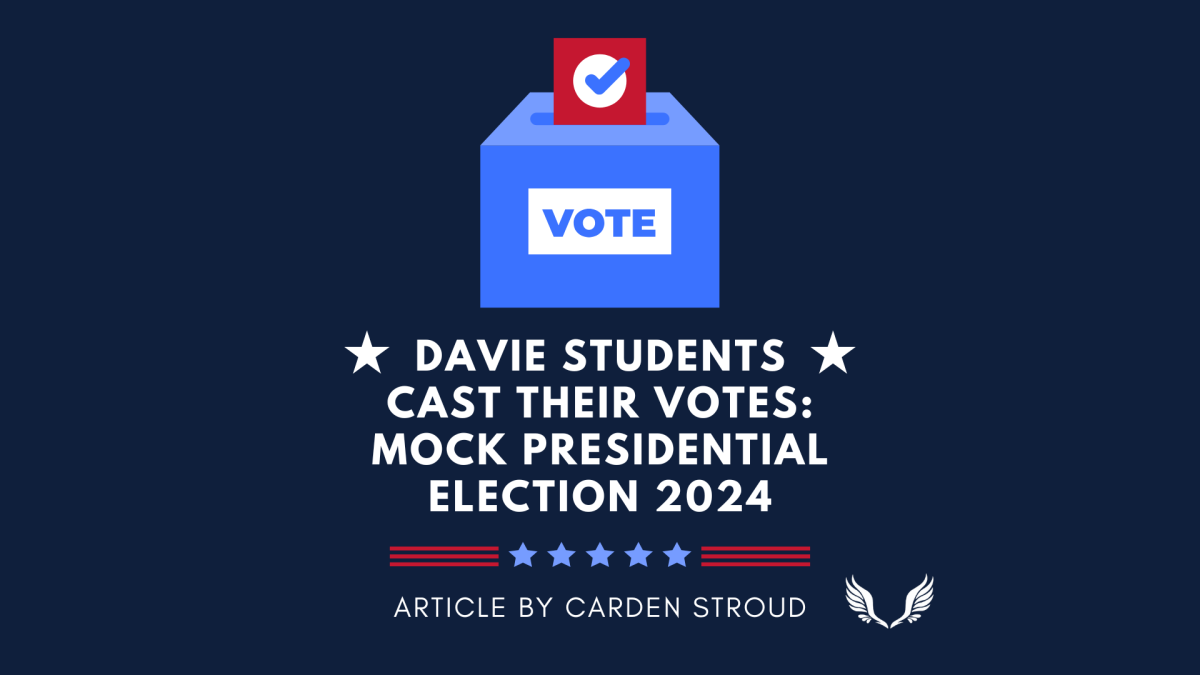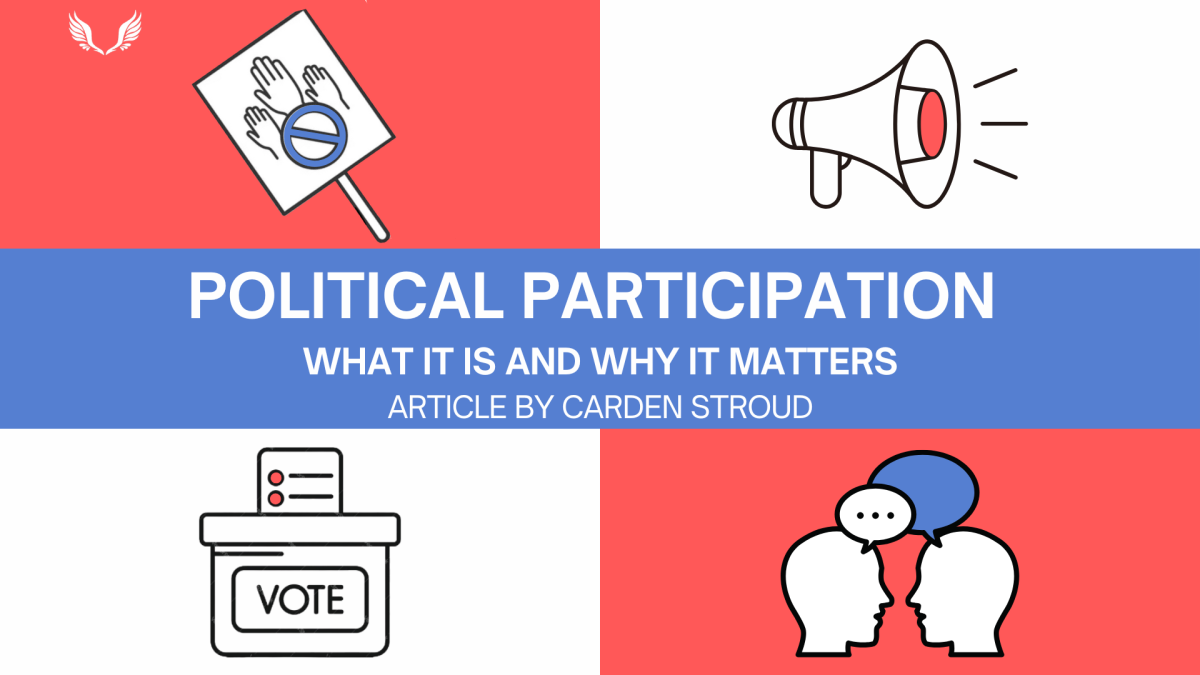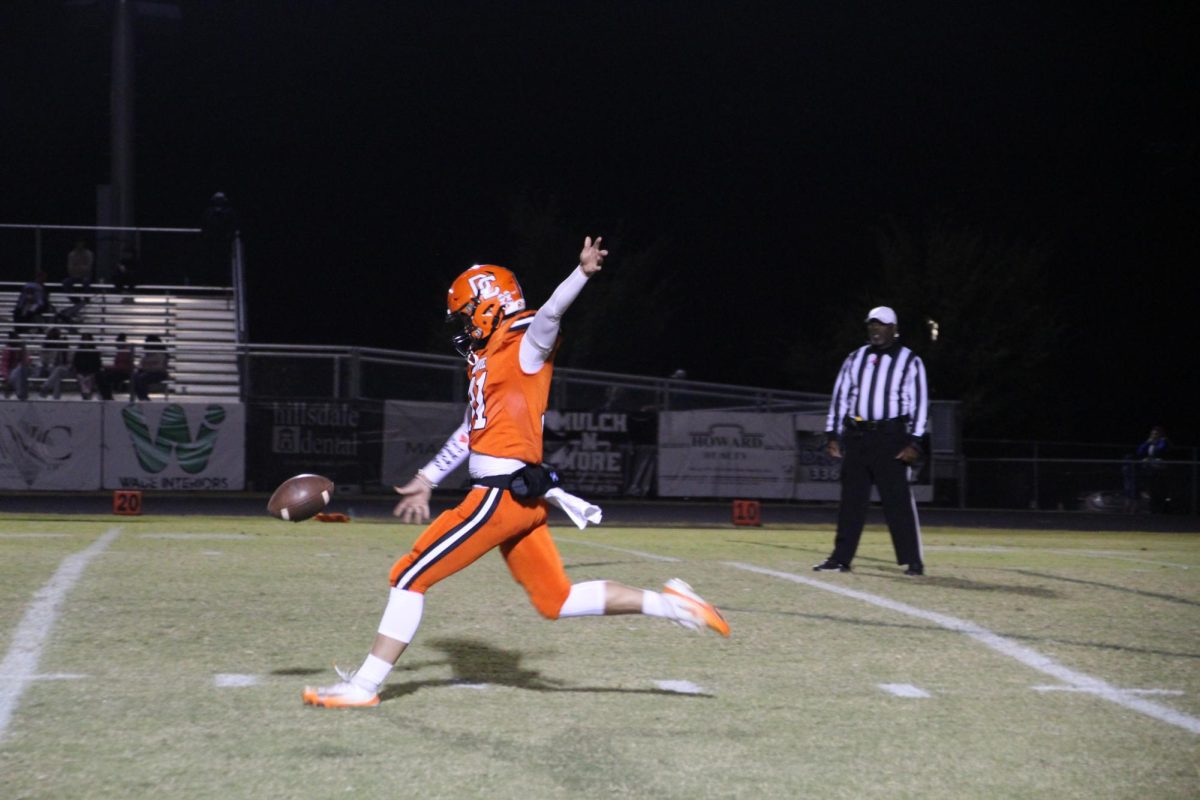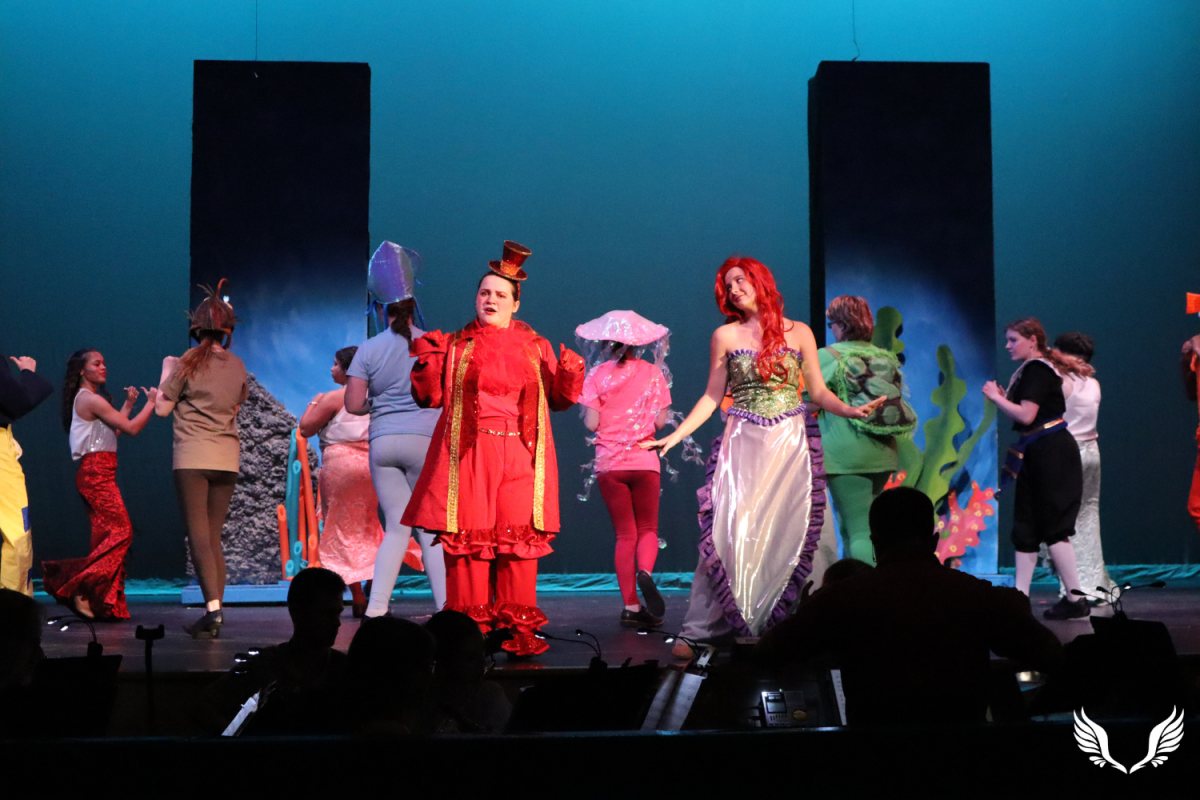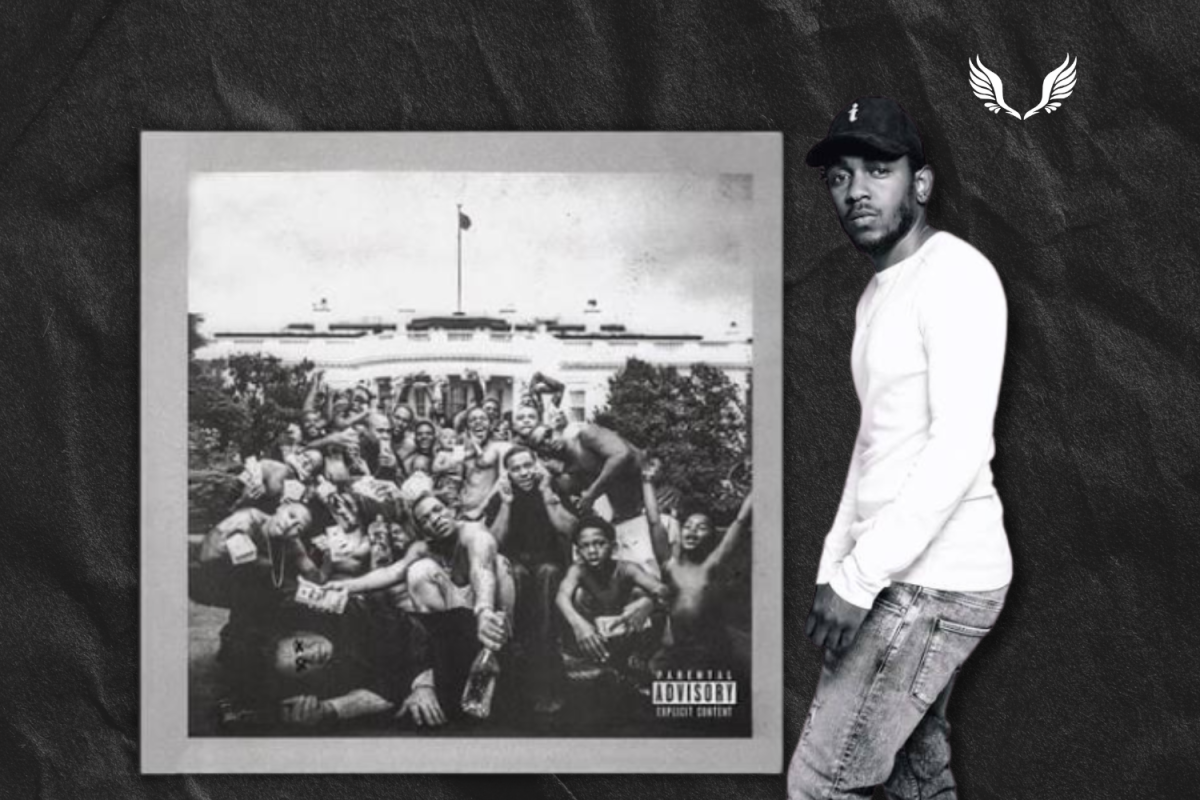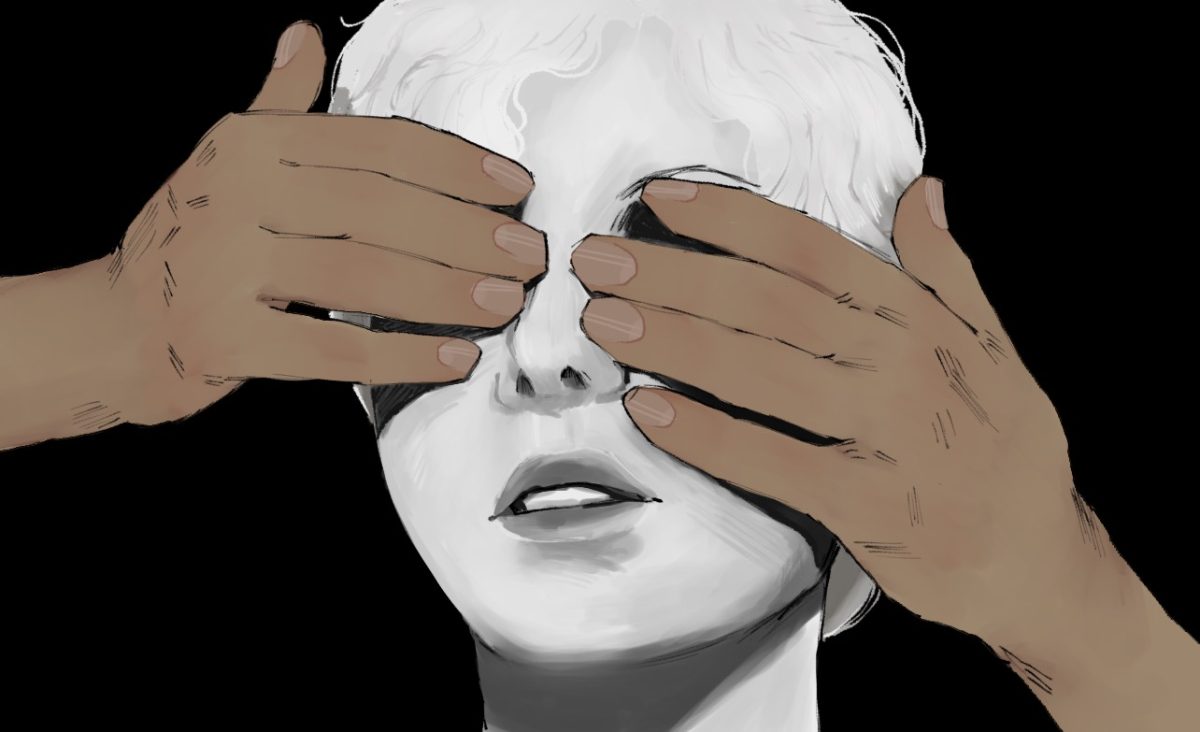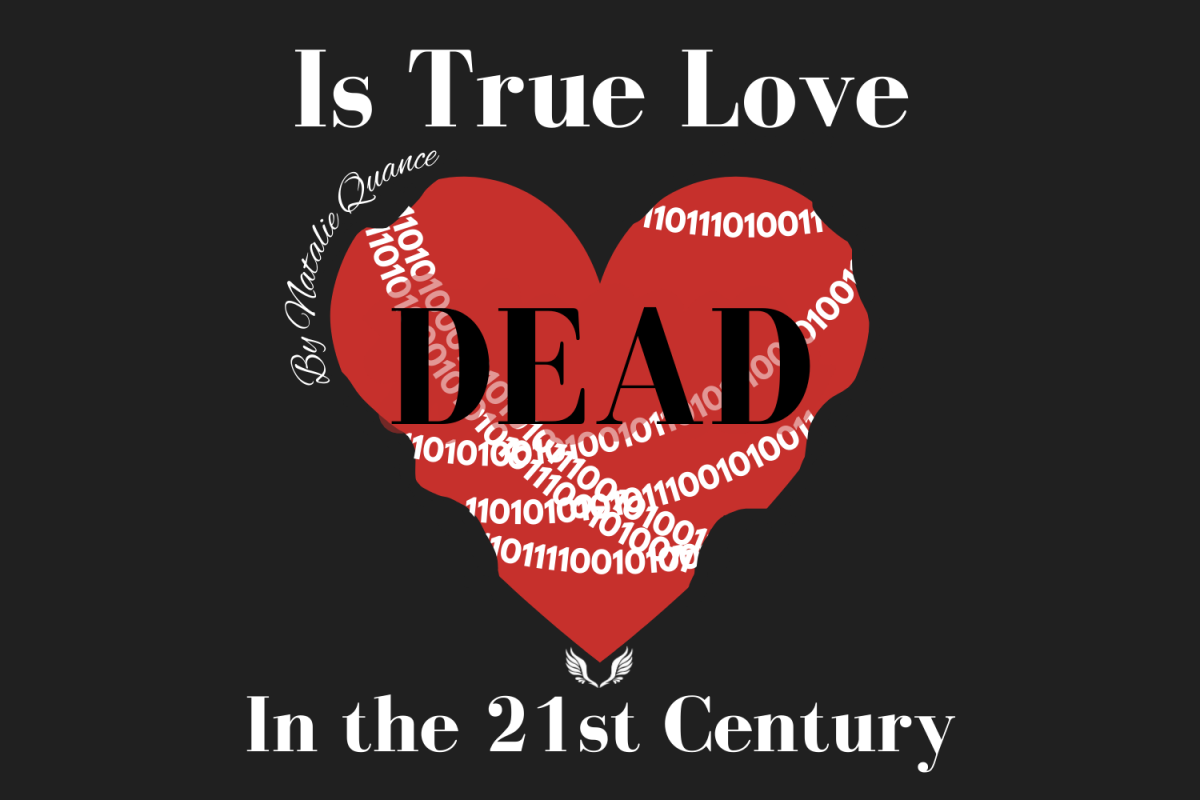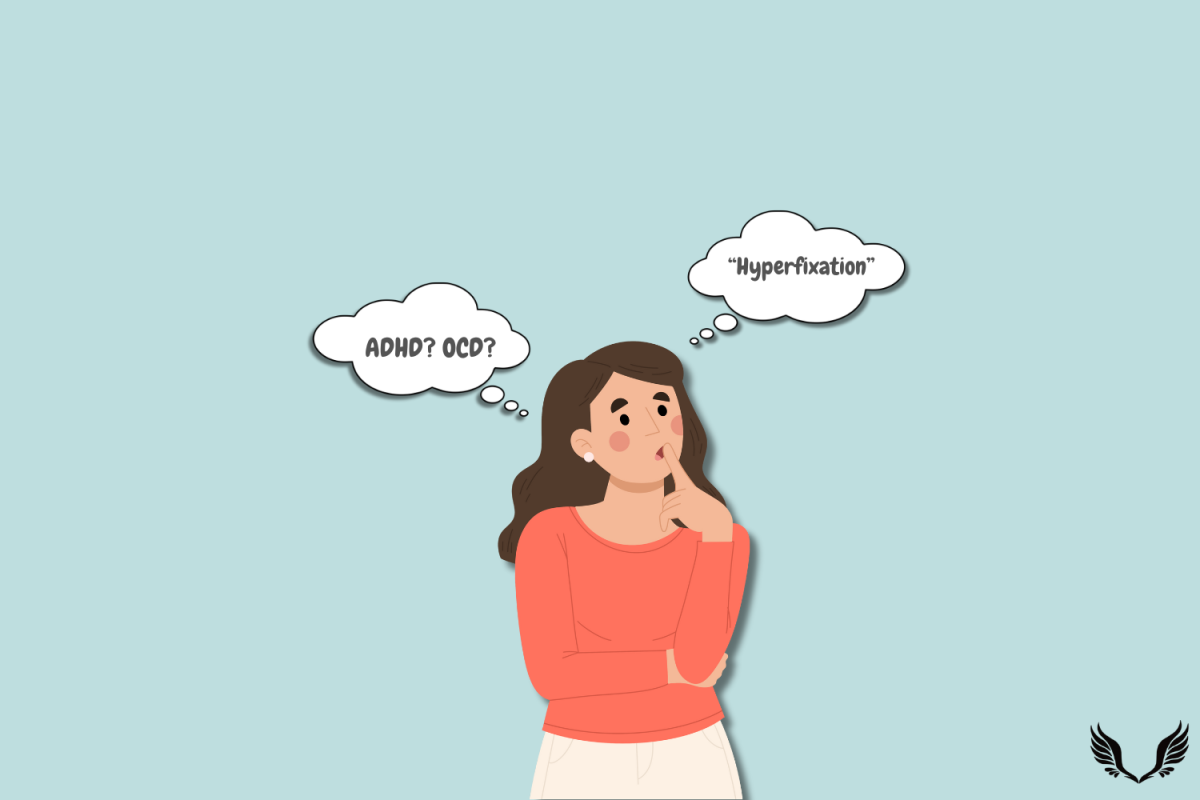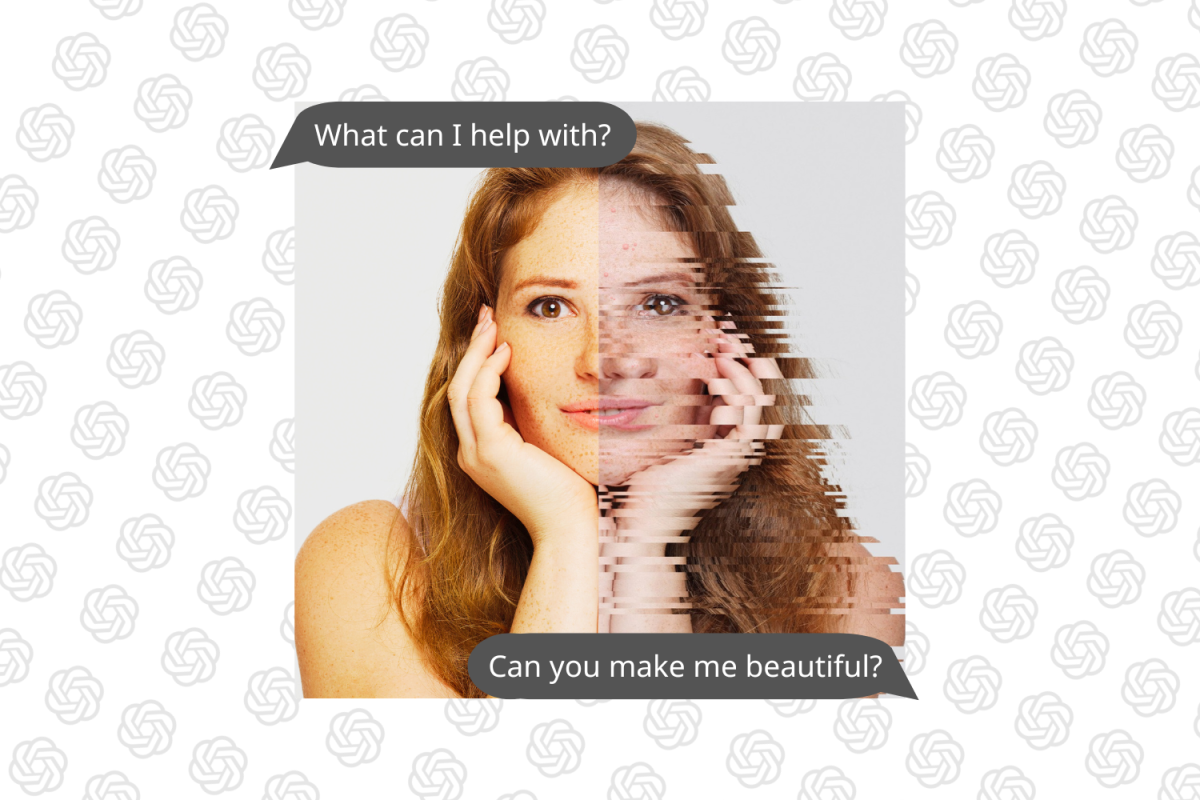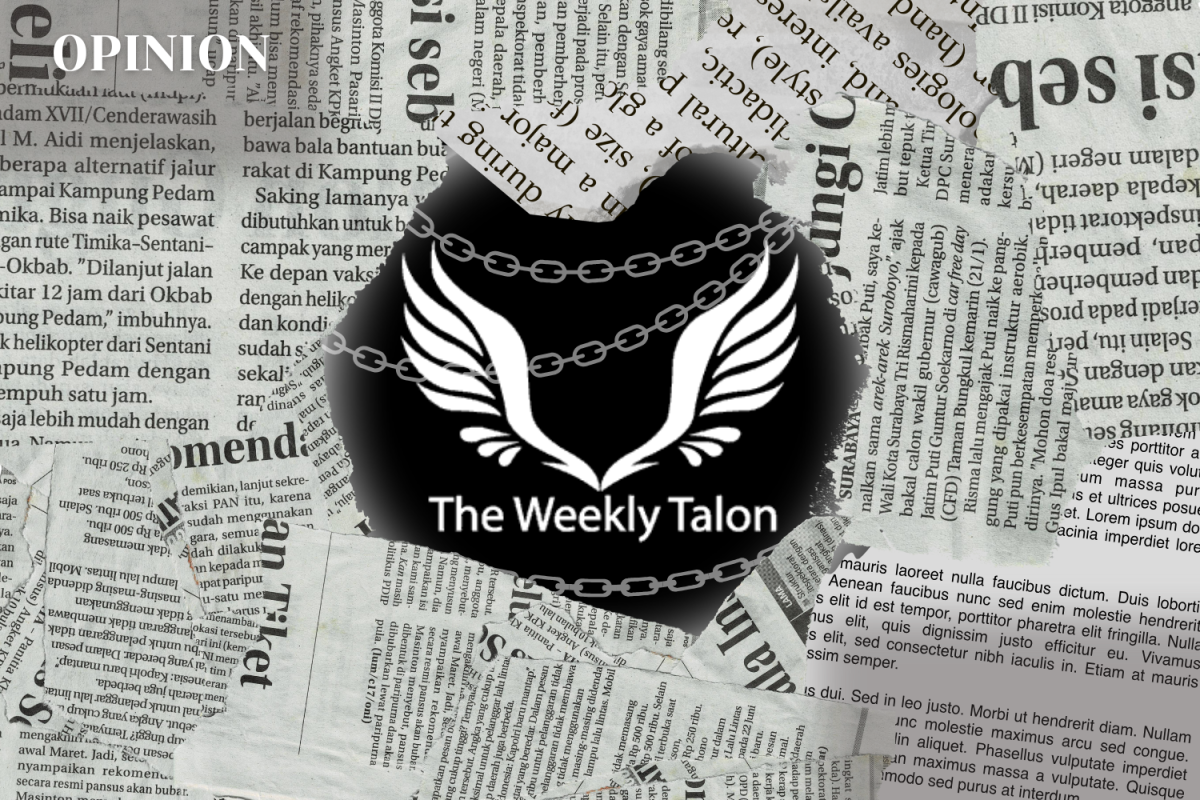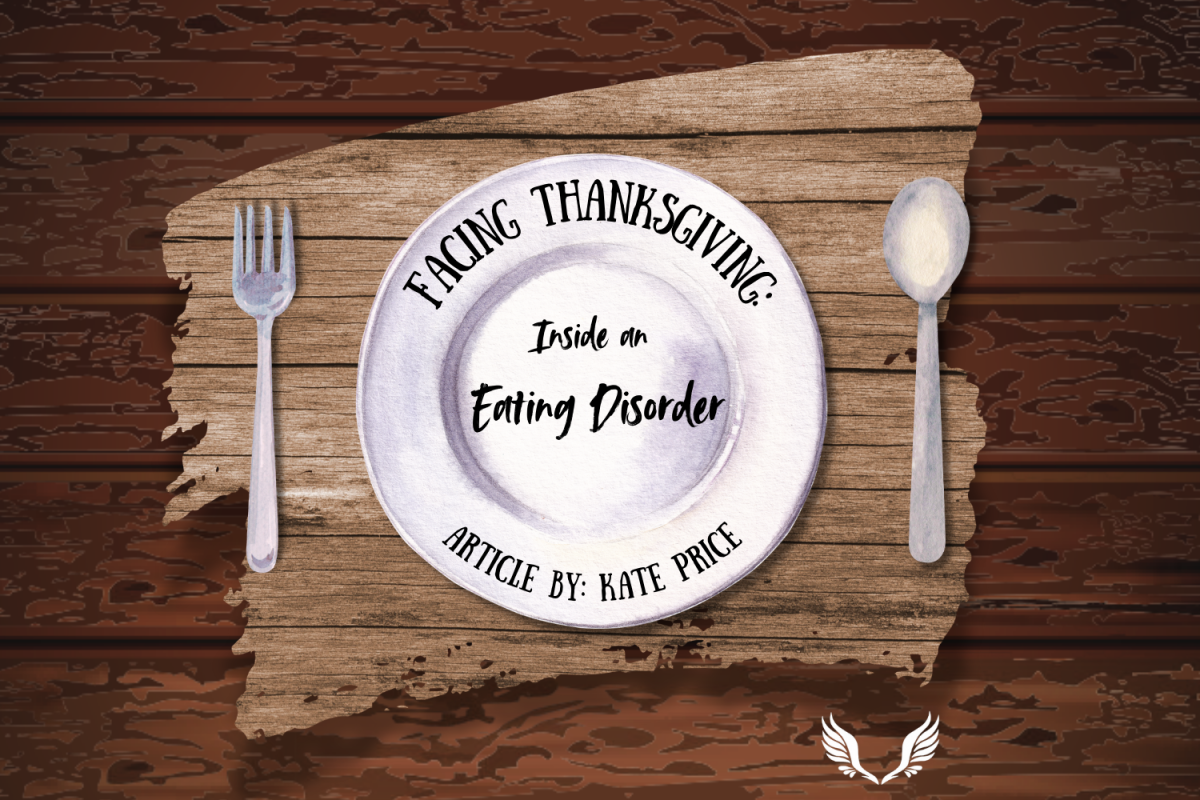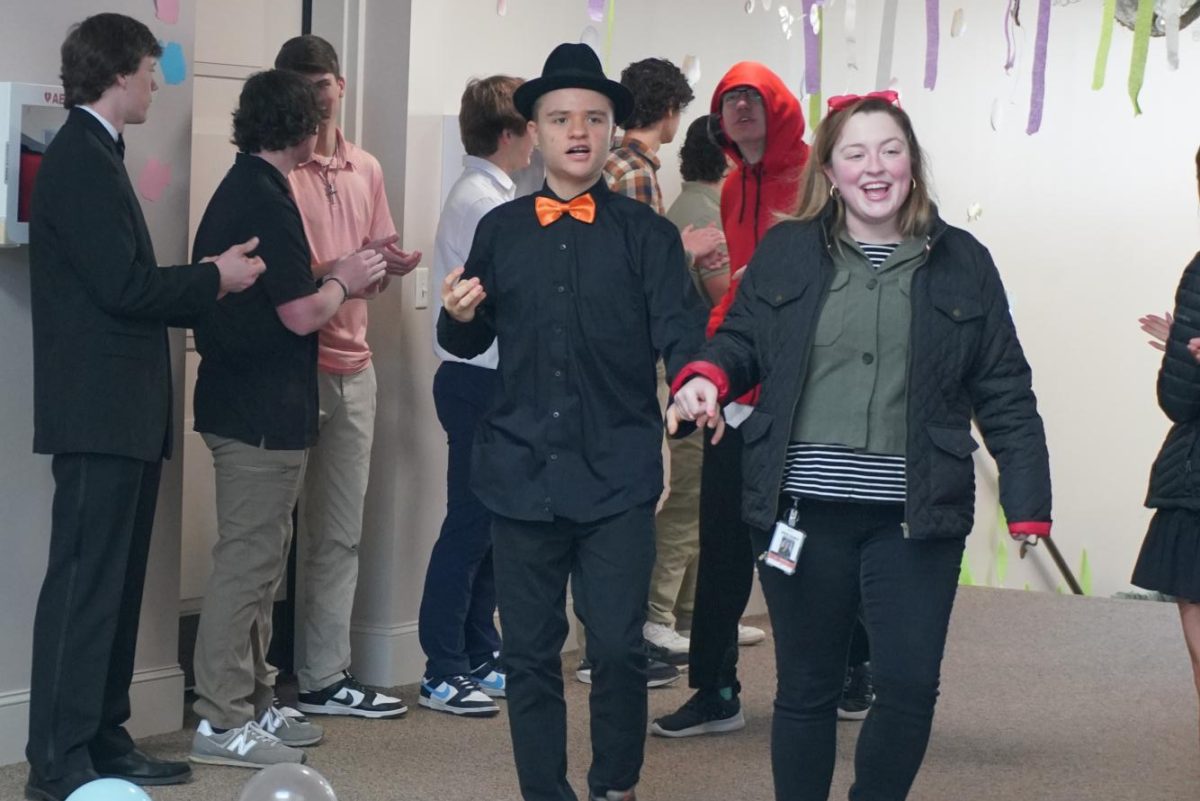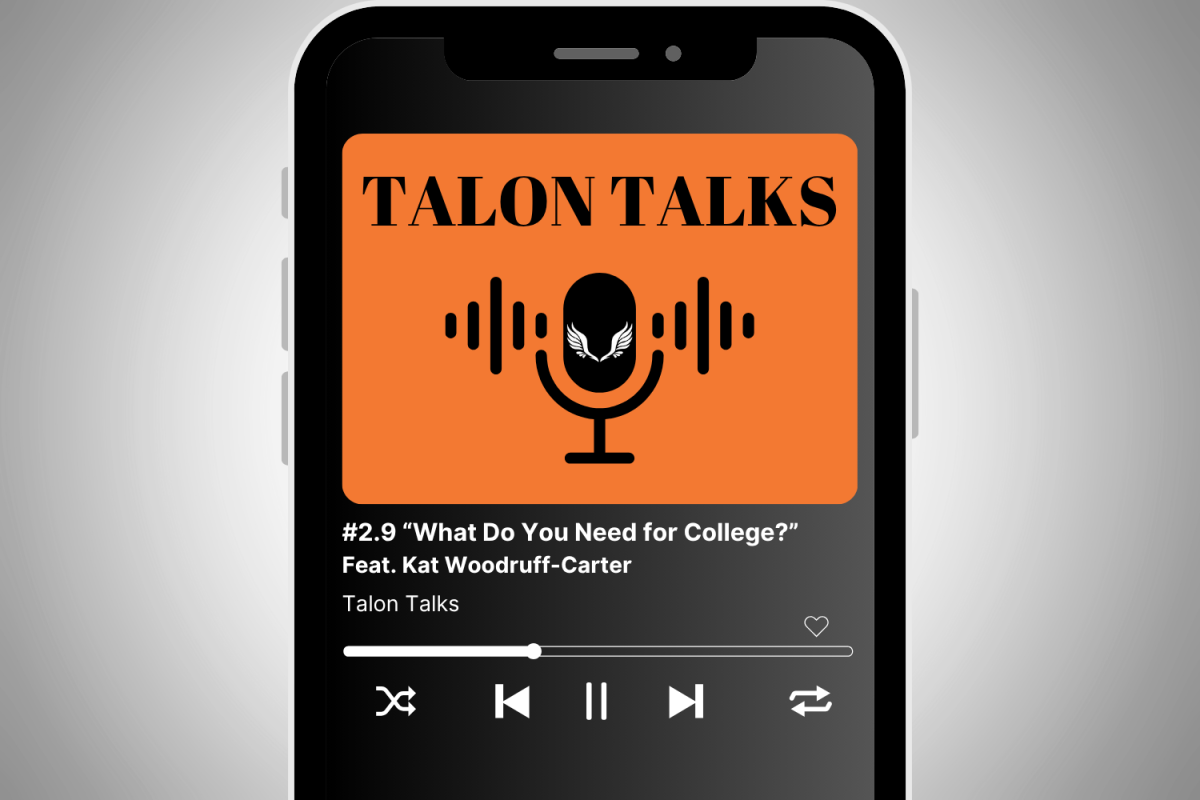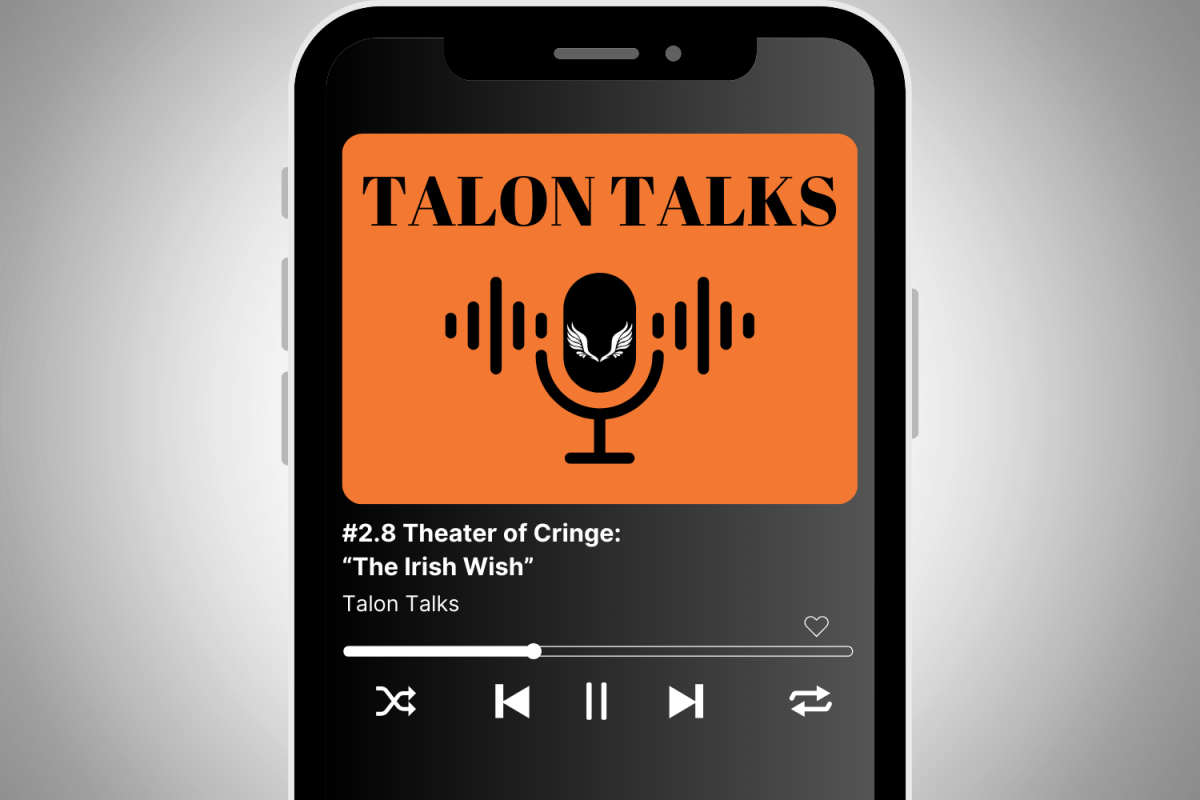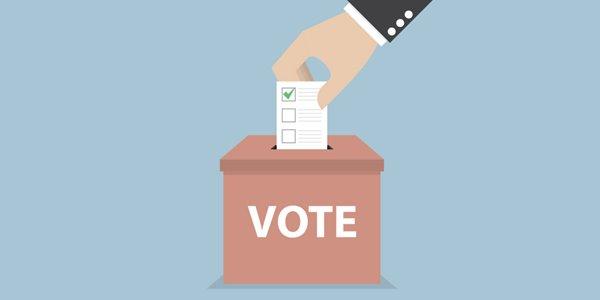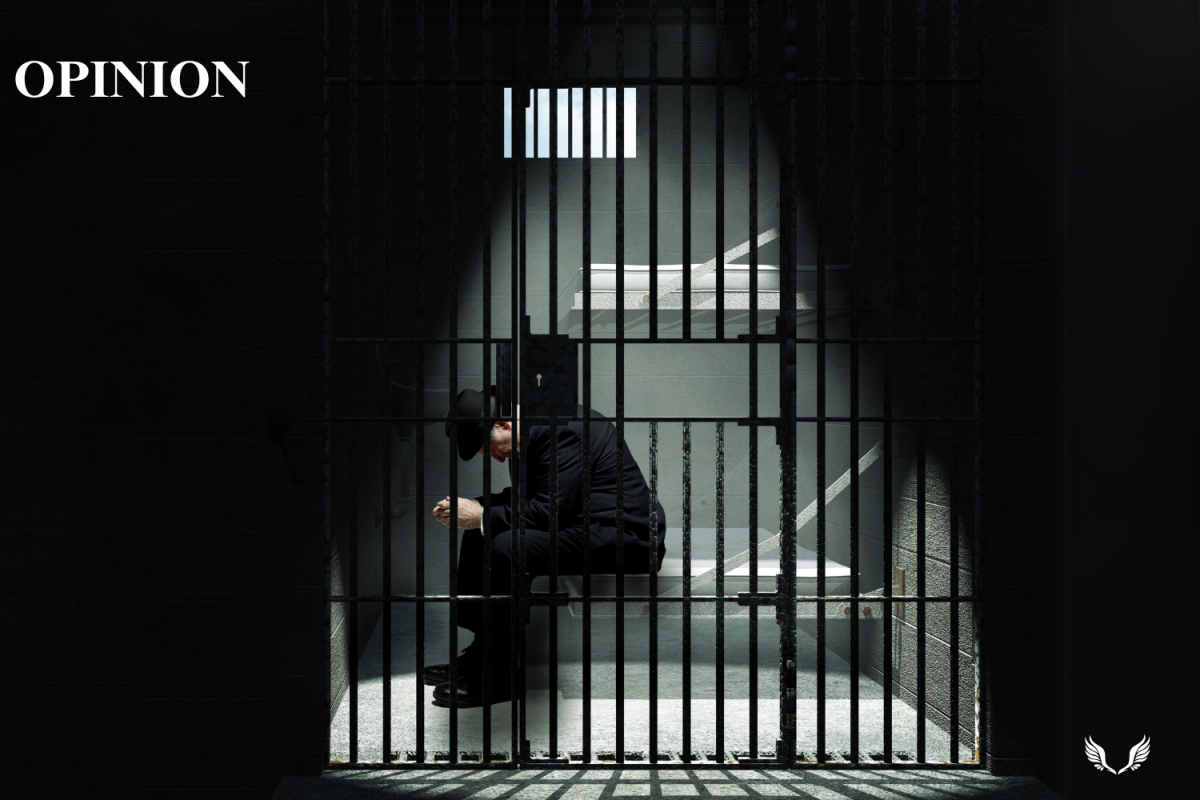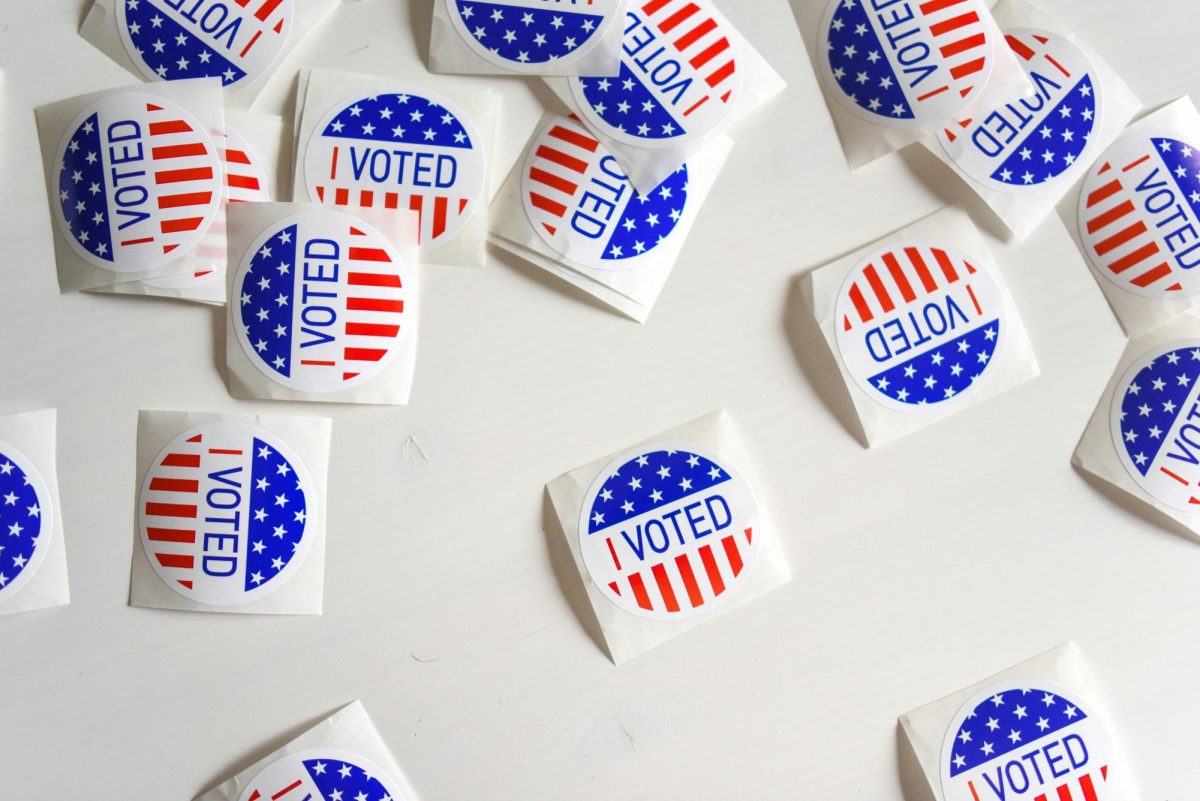The Electoral College was created by the Founding Fathers: George Washington, Thomas Jefferson, Benjamin Franklin, and James Madison. The Electoral College was created to avoid tyranny and public manipulation. The Founding Fathers believed that the people’s vote alone could not be trusted in voting someone into the presidency. It is seen as undemocratic by some Americans due to the outcomes of past presidential elections. The electoral college is functioning properly, as nothing about it has changed, but before citizens can determine if it is necessary or not, it is important to understand what it is and how it works.
What is the Electoral College?
An electoral college is a group of electors that are involved in electing the president of the United States. These officials are chosen by the dominant political parties in each state, based on how many seats the state has in Congress, up to a total of 538. Congress is split into the Senate and the House of Representatives. A nation’s representation in the Senate is the same as other nations with 2 seats for all 50 nations, but the seats in the House of Representatives are based on the population of your nation, so bigger states such as Texas get more representation than small states. These officials aren’t allowed to be a Senator or a Representative or have aided an enemy of the U.S. in the past.
How does the Electoral College Work?
In the November elections, the electors are selected in slates, or a group of officials chosen by a candidate, to elect said candidate into office. The electors are voted in instead of the presidential contenders themselves. Which balloters get in depends on the contender’s ability to get the audience to vote for them during national conventions. The national conventions are events where the presidential competitors attempt to convince citizens that they are the best person for president and that they should vote for the candidate giving the speech. The citizens then vote for the candidate, indirectly choosing the electors that vote the president in.
What is the Electoral College supposed to symbolize?
Voting for these electors is similar to Representative Democracy, which is a way of acting on growing issues in a state, the U.S., or worldwide such as global warming, increased gun violence, unusual punishment, global tensions, etc. So the Electoral College is a form of democracy, giving citizens the power to voice their concerns over certain issues. To foreign countries, America is known for promoting democracy worldwide because the U.S. Citizenship and Immigration Services is telling foreigners that the U.S. is a democracy because citizens are engaged with how the government works by voting.
How is the Electoral College doing now?
There have been no recent changes to the Electoral College itself, but some citizens seem to dislike it to the point of removing it entirely. One argument is that the Electoral College is not concerned about the popular vote deciding who becomes president, but the 538 electors choosing who becomes the next leader, leading to the few having more voice than the citizens themselves, which would be oligarchy instead of democracy.
The electoral college is about to be changed by the upcoming 2020 census. This will cause changes in the state’s population, causing them to gain or lose electors. It could lead to a change in how issues are viewed depending on the party that has the most seats in the House of Representatives.
Sources Consulted
“Presidential Election Process.” USAGov, www.usa.gov/election.
“What Is the Electoral College?” What Is the Electoral College? – Elections – Classroom Presentation | Teacher Resources – Library of Congress, www.loc.gov/teachers/classroommaterials/presentationsandactivities/presentations/elections/electoral-college.html.
“Electoral College.” Electoral College, https://elections.hawaii.gov/candidates/presidential/electoral-college/
“What Is the Electoral College?” National Archives and Records Administration, National Archives and Records Administration, www.archives.gov/electoral-college/about.
“About the Electors.” National Archives and Records Administration, National Archives and Records Administration, www.archives.gov/electoral-college/electors#selection.
Prokop, Andrew. “Why the Electoral College Is the Absolute Worst, Explained.” Vox, Vox, 19 Dec. 2016, www.vox.com/policy-and-politics/2016/11/7/12315574/electoral-college-explained-presidential-elections-2016.
“Electoral College History.” National Archives and Records Administration, National Archives and Records Administration, www.archives.gov/electoral-college/history.
Schulman, Marc. “Why the Electoral College.” History Central, www.historycentral.com/elections/Electoralcollgewhy.html.
“Why Was the Electoral College Established?” Why Guides, 20 June 2019, www.whyguides.com/why-was-the-electoral-college-established.html.
Mms. “The Constitutional Convention: Four Founding Fathers You May Never Have Met.” NEH-Edsitement, 9 Aug. 2019, https://edsitement.neh.gov/lesson-plans/constitutional-convention-four-founding-fathers-you-may-never-have-met
“The Election Process of the US President: Made Simple.” ClearIAS, 5 Feb. 2020, www.clearias.com/election-process-of-us-president/.
https://www.uscis.gov/system/files_force/USCIS/files/Government_and_You_handouts.pdf?download=1

